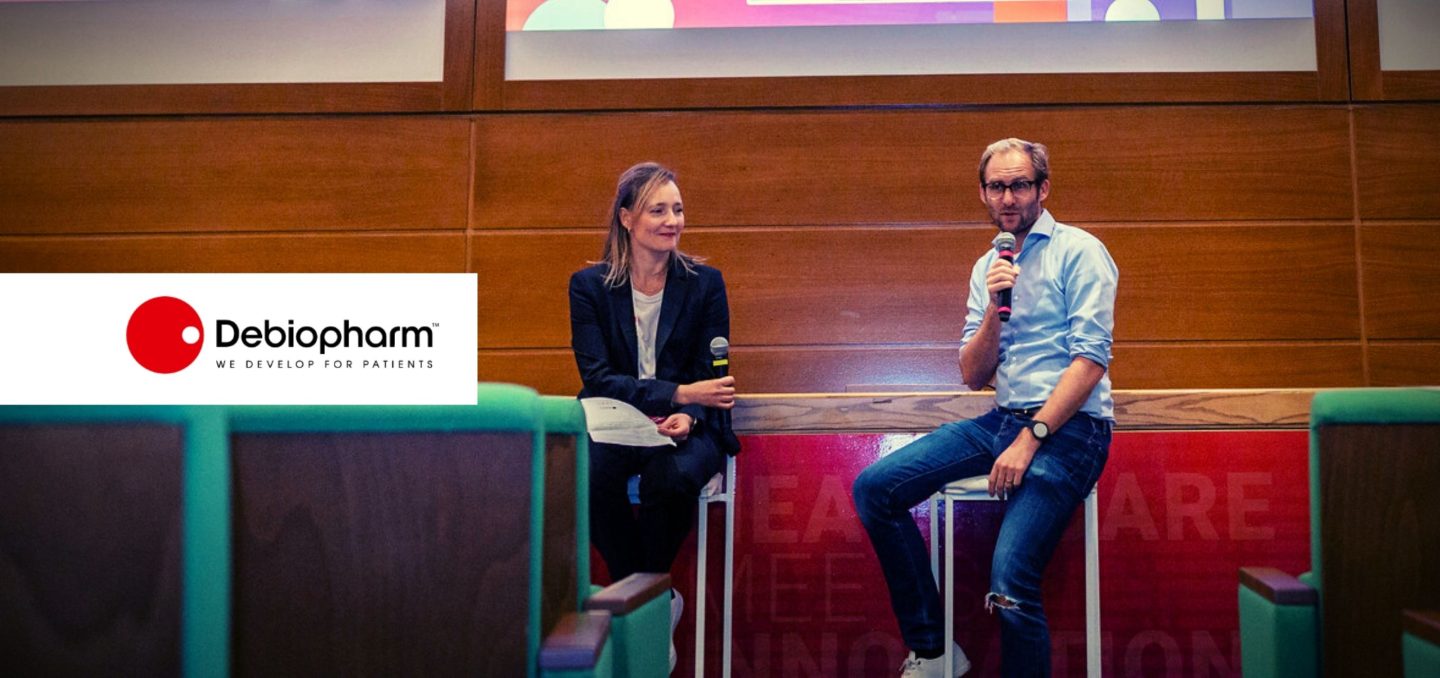Though we all agree that the current economic environment is extremely challenging, it’s not easy to translate this concept into actionable insights, especially when talking about the digital health industry that went from the record-breaking years of investments sizes and is now facing a possible downtrend. And who could be better prepared to give such advice to startups than entrepreneurs and investors that have experience with downturns?
In anticipation of Frontiers Health Global Conference (October 20-21st, in Milan & online), we spoke to Tanja Dowe, CEO of Debiopharm Innovation Fund, about a white paper the Fund is about to release: Surviving and Thriving in a Tough Market: Advice for Start-Ups.
In their third consecutive year as a conference partner, Debiopharm will curate a session where they will present the findings of the white paper and share more comments and personal perspectives of entrepreneurs and startups on the topic.
Tanja, first of all, do you think that most of the startups in the industry have clearly realized that the market conditions have changed?
I think that everyone has realized that times have changed and we see a lot of writeups in the media about the investment amounts that are decreasing or increasing depending on the source, stage of the companies and so on. Many opinions are out there on what you should think about the markets or how you ensure that you survive through these times. Which means that, indeed, the entrepreneurs acknowledge they are in the middle of the shifts in the environment. But the important question is: have the entrepreneurs adjusted and how have they adjusted?
In our white paper we decided to talk to people who went through the recessions of 2003 and 2008 to get some depth, try to understand if we are going into a full-blown recession that many banks are now forecasting, and what does that mean to entrepreneurs? And how can you find a better way to get through it if you are a startup or a scaleup from the digital health & life sciences industry. During our session at Frontiers Health, we will reveal the summary of the white paper findings.
In a startup-investor relationship during hard times, the responsibility of a startup would be to manage investors’ expectations. What is the responsibility of an investor? How is Debiopharm Innovation Fund supporting the portfolio startups?
One of the first things that you have to do as investor is to adjust your expectations. You have to take a very close look at your portfolio companies one by one. Can they grow as quickly as anticipated? Can they get to profitability as quickly as you expected? And what is the exit market going to look like?
Usually, when we invest in a company, we have an idea of how the company will grow if things go well, when they are going get profitable, when they are going to exit, and so on.
Obviously, in this type of market, we have to revisit our expectations and adjust them. It doesn’t mean that we’re going to be happy with lower IRRs, but we may have to adjust the timelines or think about what can we do to support the companies. For example, we may have to be ready to bridge some of our portfolio companies if their fundraising rounds are coming in the next 6 or 12 months, because it might make sense to postpone the next bigger raise till times get a little bit better. Some adjustments to the business plan might be needed and so on. So we have to be flexible, just like the startup entrepreneurs have to be flexible as well.
Another important thing worth taking into consideration is that a lot of investors are very good at modeling financial performance and growth. But startup life is much more about pivoting, and the best investors can help with that. I think there has to be a balance between listening to startups that are in the field and sticking to strategies and milestones. . If we work together as investors, board members and founders, it’s great, but it really has to be a team. The entrepreneurs have to listen to investors, but investors also have to listen to entrepreneurs.
Is there a place for optimism when adjusting the goals and numbers during a downturn?
I think that especially in such industry as digital health, the fundamentals and the macro trends remain the same. The need to renew healthcare and to bring digitalization into it is not going to go away. The solutions that help bring healthcare costs down might even attract more attention.
Also, we have to admit that pressure forces every one of us to be more creative. I think that startups have the best chances to be creative and to change quickly, compared to big industry players who are having a harder time adjusting to tougher markets.
To know more about the white paper findings and valuable insights for startups, secure your pass to Frontiers Health now and join the Debiopharm’s session, moderated by Tanja’s colleague, Nicolas Stalder, Investment Associate at Debiopharm Innovation Fund, at 11 00 CET on October 21st!
***
About Debiopharm’s strategic digital health fund
As Debiopharm’s strategic corporate fund, the Debiopharm Innovation Fund invests in digital health, smart data, and innovative tech start-ups. Find out more about seeking digital health start-up funding.



